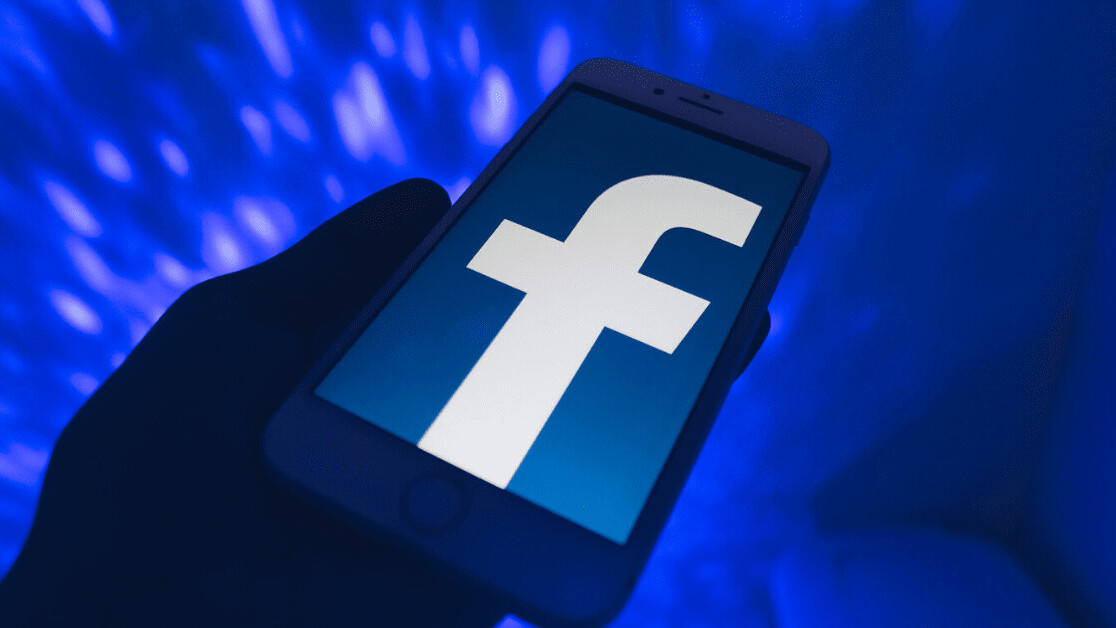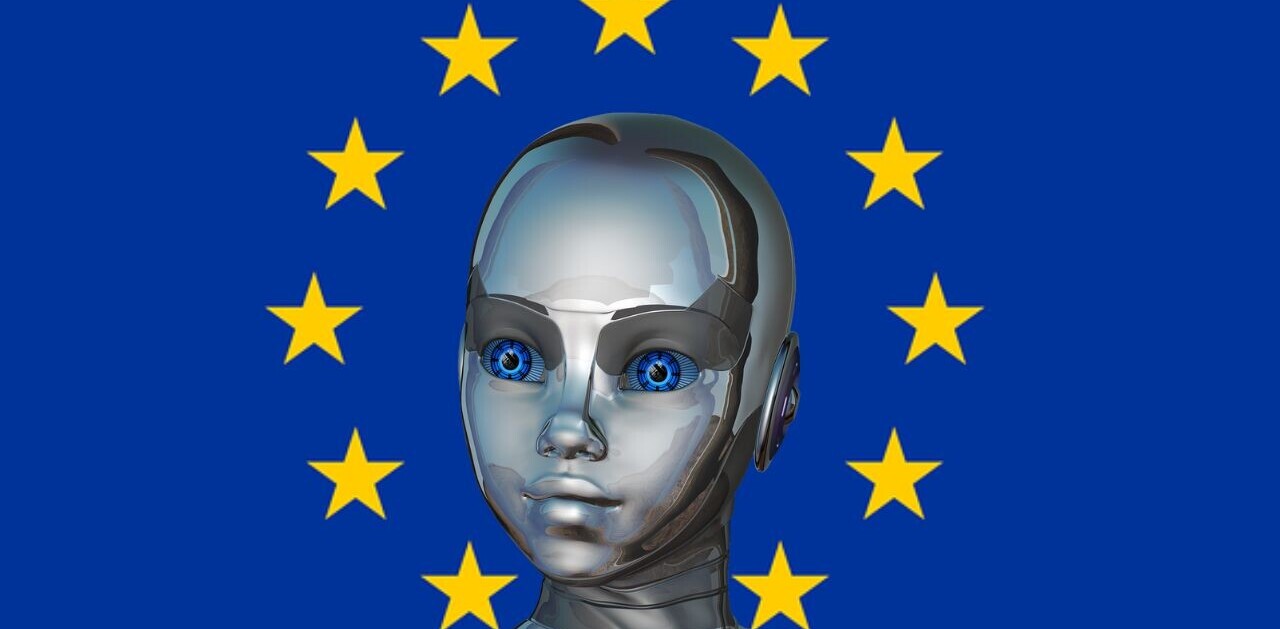Facebook has taken down a China-based network of fake accounts that used AI-generated faces to spread government propaganda across the platform, according to research by analytics firm Graphika.
The social network announced on Tuesday that it had removed 155 accounts, 11 Pages, nine Groups, and six Instagram accounts for “coordinated inauthentic behavior on behalf of a foreign or government entity.”
The fake accounts predominantly focused on Southeast Asia, where they posted about events including Beijing’s interests in the South China Sea and developments in Hong Kong. But a smaller cluster posing as Americans posted content that both supported and criticized then-presidential candidates Pete Buttigieg, Joe Biden, and Donald Trump.
Before the takedown, Facebook asked Graphika to analyze the data. The Pentagon-linked firm found that some accounts had stolen their profile photos from real people, which can be exposed as inauthentic through reverse image searches.
Others tried to evade detection by using Generative Adversarial Networks (GAN) to create fake pictures, a tactic that Graphika says “has exploded in the last year.”
[Read: Are EVs too expensive? Here are 5 common myths, debunked]
The company found 12 profile pictures that it suspects were AI-generated, due to their distorted backgrounds and asymmetrical peripheral features such as ears, glasses, and hair.

Graphika spotted some of these signals by rendering the images opaque and then superimposing them on top of each other to expose the alignment of the features. The firm suspects that some of the photos were cropped or included stickers to disguise the fact they’re fake.
The findings mark the second time this month that a network of fake Facebook accounts has reportedly used AI-generated profile pictures. Expect the tactic to play a growing role in future information operations.
So you’re interested in AI? Then join our online event, TNW2020, where you’ll hear how artificial intelligence is transforming industries and businesses.
Get the TNW newsletter
Get the most important tech news in your inbox each week.






